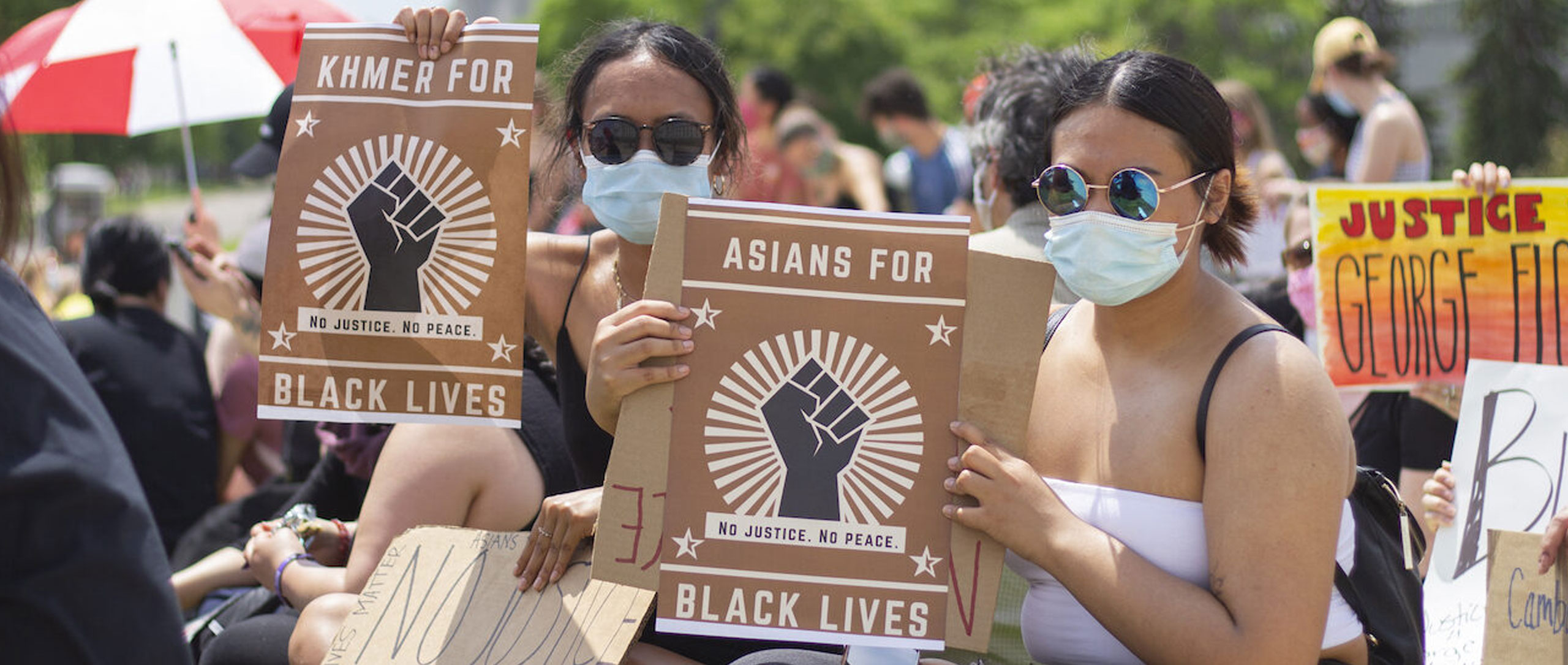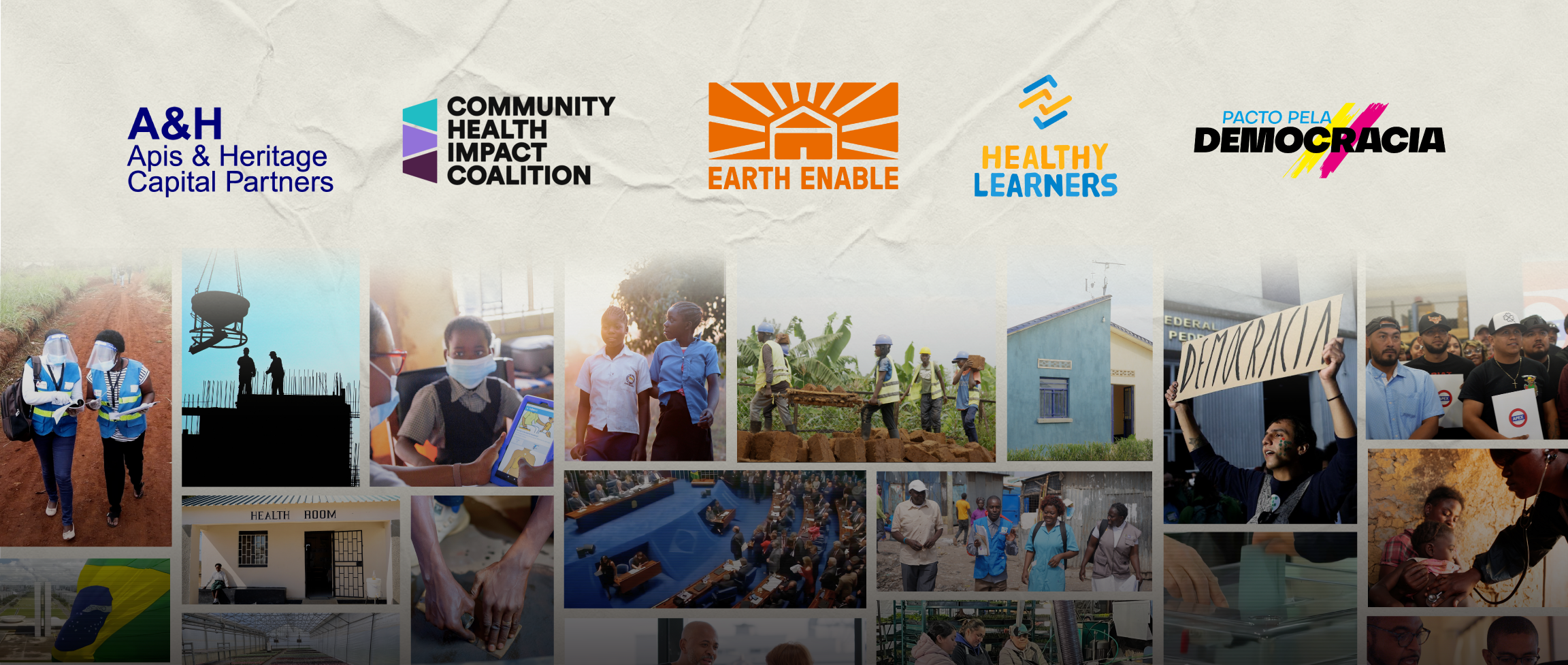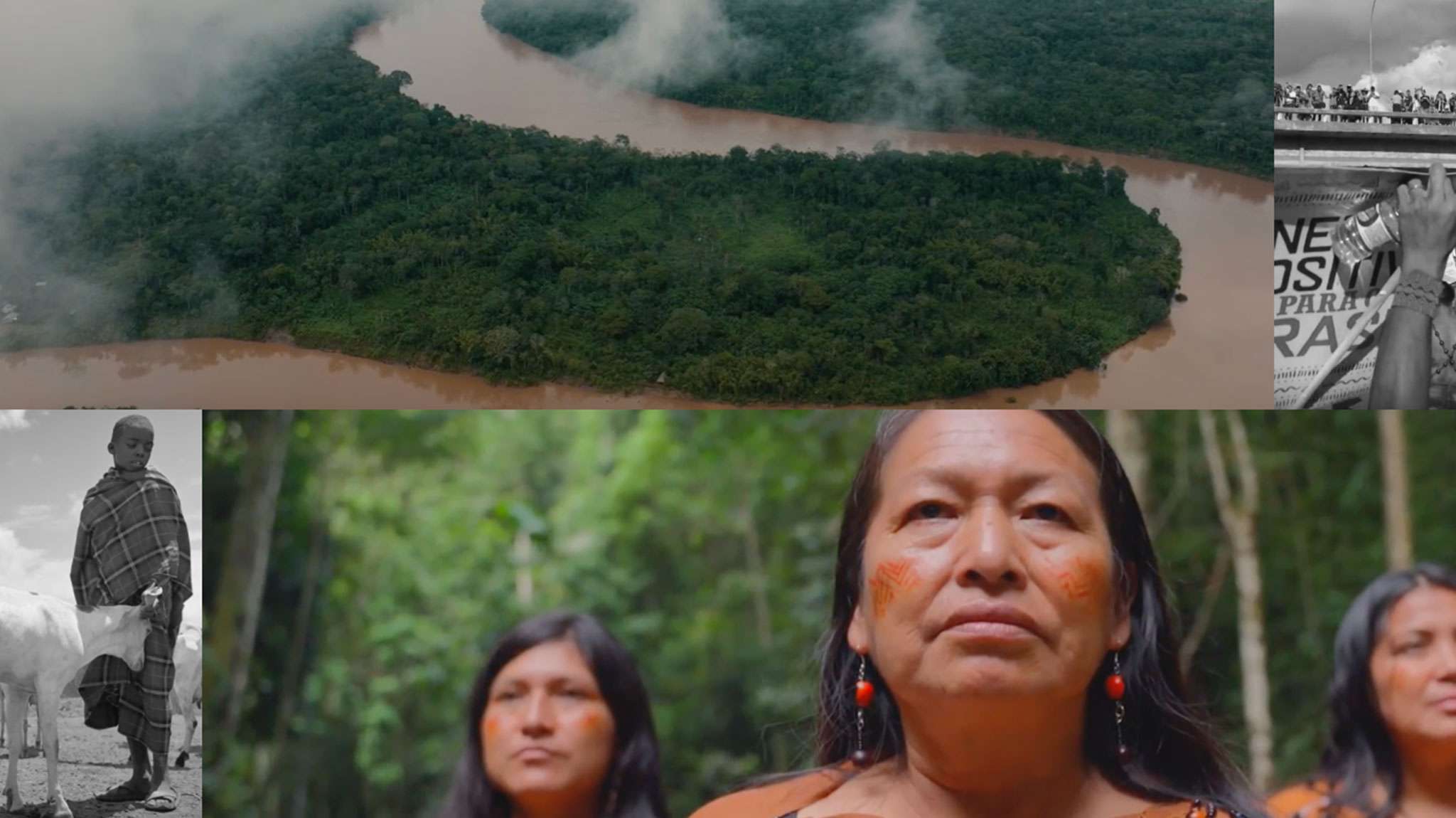From Trauma to Solidarity: How Healing Intergenerational Trauma Leads to Social Change
As social change leaders strive to heal systems designed to exclude, oppress, and erase, they will encounter cycles of pain and trauma. To achieve well-being at scale, we must acknowledge and address intergenerational trauma.
These topics are the focus of an upcoming session at the 2024 Skoll World Forum taking place April 9–12. In “Understanding Intergenerational Healing and Trauma in Social Impact,” speakers will explore how intergenerational trauma hinders progress and how centering healing unlocks new opportunities for change.
In the United States, the Asian American and Pacific Islander (AAPI) community has a unique story of trauma. We sat down with EunSook Lee, the Executive Director of the AAPI Civic Engagement Fund, to hear her vital perspective.
A South Korean émigré who spent her youth in Canada, EunSook began organizing as a teenager. Today, she is a leading advocate for Asian American representation.
In our conversation, we explore EunSook’s personal history, the collective struggles of the AAPI community, and how social change begins by confronting generations of injustice. EunSook is a panelist for the upcoming session on intergenerational healing at the 2024 Skoll World Forum. To watch this session and others live, sign up to attend the Forum virtually.
Jimmie Briggs: I’d love to start by understanding how you see trauma manifesting in the AAPI community.
EunSook Lee: From my own vantage point of being a Korean American woman and immigrant, there are moments of tragedy and crisis in AAPI history that have shaped the community experience, even if they didn’t affect an individual directly. It could be Chinese exclusion, it could be Japanese internment, it could be the passage of laws that prohibited certain groups of people from coming into the country entirely.
I think these moments are part of a collective experience. The hardships and discrimination that AAPI people have faced manifests in the kind of trauma we carry. If we’re looking at the Asian American experience, much of the discrimination and racism have been linked to exclusion, and the creation of a second, separate class.
In America, Asian Americans’ sense of belonging is particularly targeted. We’re excluded and seen as outsiders or foreigners, rather than as a part of whatever us America sees itself as.
Jimmie: Within the AAPI community, are questions or issues of trauma or resilience surfaced?
EunSook: There have always been conversations about both mental health and healing, but how we talk about and address them has changed over time. In the last five years, some new themes have started to come up. Addressing violence against Asian Americans, healing, and mental health are being integrated as components of organizing and an organization’s work in a more integral way. This is a departure from, for example, thinking about mental health and providing mental healthcare as a social service, which many organizations have done for years.
Jimmie: Can you talk about how intergenerational trauma has manifested in your personal journey?
EunSook: My childhood in Canada and my early years in Korea were influenced by my own parents, and what they experienced prior to that. My mom was born in Japan under occupation. She was given a Japanese name, not able to speak Korean in public and was not allowed to go to school. My father was born in Korea, under Japanese occupation as well, and grew up after the first end of the Korean war, when the country was separated into the North and South.
My generation grew up sharing the common experiences of our parents, whether they were from Japan or Korea. My partner, for example, was also born in Korea. His mother was from North Korea; there are 10 million families who were separated by the division of Korea. I’ve heard a similar story from so many North Koreans, of not realizing at the time that there would be a permanent partition, of losing family members along the way from the North to the South, of leaving their homes and never being able to go back.
There are common experiences, some that we’ve read about in school, some that our parents would tell us about, and many that our parents wouldn’t talk about at all, but which showed through in their actions. My mother referred to basic, household things, like an onion, in Japanese. Because I had very little exposure to Korean culture other than my own family, it wasn’t until I was an adult and met other Koreans that I would realize a word we used growing up wasn’t Korean.
Congressman Mike Honda worked on legislation condemning the Japanese comfort women system, because he thought it was necessary to bring the Korean American and Japanese American communities together. It was meaningful to have, at the time, one of the few Asian American Congress members recognize the shared trauma of Korean Americans.
Jimmie: Can you talk about the relationship between the cultural diversity in the AAPI community and the issues of trauma and mental health?
EunSook: We think of trauma as something that lingers from the pain of an experience. For the Korean American community, it starts with what we brought with us from Korea: colonization, the trauma of World War II and the Korean War, the North and the South still being at war with each other.
But then we also have to think about localized events in Korean American communities around the country. You didn’t have to live in Los Angeles to be traumatized by the 1992 civil uprising [when a disproportionate number of Korean-owned businesses were affected]. Or in New York during the Red Apple boycott in 1990. I was in Toronto, and remember talking with other feminists of color at the time about how disturbing the division between Black and Asian communities was, and trying to understand the environmental and systemic factors that allowed for it to happen.
These were monumental events that shaped how Korean Americans perceived themselves. For some, they were an awakening. Others used them as reasons to double down on their fears. I’ve talked to people who said that what happened in Los Angeles made them realize their responsibility to be civically engaged, to see themselves as not just in an ethnic enclave, but as part of a broader community.
Many Korean American organizations were formed after the LA Civil Uprising, including an organization I was part of, the National Korean American Service & Education Consortium (NAKASEC). NAKASEC was in some ways created in response to our lack of a political voice, but also in recognition that Korean Americans were not civically engaged. The Civil Uprising also played a role in shaping the political agenda of the Korean American community to include civil rights and racial justice.
Jimmie: From the perspective of a movement builder and activist, how do you see the relationship between the trauma of the AAPI community and other communities of color? Has the model minority myth affected the conversation around trauma, well-being, and mental health?
EunSook: Regardless of what kind of stereotype is assigned to a group of people, its inaccuracy makes it harmful to others. For example, if Asian Americans are seen as well educated, it could lead to Asian American students receiving preferential treatment over Black and Latino students. Stereotypes are used to accomplish a larger goal, which is to suppress people. To do that, you have to favor one group over another.
For communities of color, one way to begin building solidarity is to hold hands and say, “We’re all oppressed under white supremacy.” But for solidarity to be more than just ideological or symbolic, to address the inequities in society, we have to go deeper. We have to say, “We’re not just all oppressed, we are differently oppressed.” We have to ask, “How do we also contribute to the oppression of other communities of color?” This is another form of solidarity that has deeper critical analysis to it. And I think that’s what we’re pushing forward for.
Trauma gets passed from movement to movement the same way it gets passed from person to person. When you don’t resolve the pain or trauma that you experienced, you pass it on. Even if we would like it to, time doesn’t make trauma disappear.
If you don’t have a chance to integrate and tell your story and hear it back, you continue to carry it. One of the most important ways to resolve trauma is by telling your story.
This conversation is a part of Centered Self, a series of conversations and essays exploring the important but often-overlooked connection between inner well-being and ambitious, effective social change. The series is presented in partnership with The Wellbeing Project, Stanford Social Innovation Review, India Development Review, the Greater Good Science Center, and the Schwab Foundation—sister organization of the World Economic Forum. Contributors to the Centered Self, including researchers, funders, and practitioners from around the world will share strategies, resources, and actionable steps leaders and others working in social change can implement to foster well-being at the individual, organizational, and societal levels.




